The Innovation of Google Search: From Keywords to AI-Powered Answers
Launching in its 1998 inception, Google Search has advanced from a primitive keyword processor into a responsive, AI-driven answer tool. At the outset, Google’s game-changer was PageRank, which ordered pages by means of the worth and magnitude of inbound links. This transformed the web clear of keyword stuffing in the direction of content that received trust and citations.
As the internet increased and mobile devices expanded, search usage fluctuated. Google debuted universal search to fuse results (news, thumbnails, footage) and eventually called attention to mobile-first indexing to illustrate how people in reality browse. Voice queries employing Google Now and subsequently Google Assistant forced the system to comprehend chatty, context-rich questions over curt keyword strings.
The coming jump was machine learning. With RankBrain, Google began reading historically unseen queries and user aim. BERT refined this by discerning the refinement of natural language—grammatical elements, circumstances, and associations between words—so results more faithfully fit what people implied, not just what they put in. MUM augmented understanding within languages and modalities, making possible the engine to unite pertinent ideas and media types in more intricate ways.
Currently, generative AI is restructuring the results page. Prototypes like AI Overviews blend information from numerous sources to yield terse, appropriate answers, regularly accompanied by citations and actionable suggestions. This minimizes the need to click diverse links to assemble an understanding, while but still orienting users to more detailed resources when they desire to explore.
For users, this journey represents quicker, more specific answers. For professionals and businesses, it values profundity, novelty, and transparency above shortcuts. Moving forward, foresee search to become expanding multimodal—frictionlessly unifying text, images, and video—and more user-specific, tuning to configurations and tasks. The transition from keywords to AI-powered answers is at its core about changing search from detecting pages to achieving goals.
